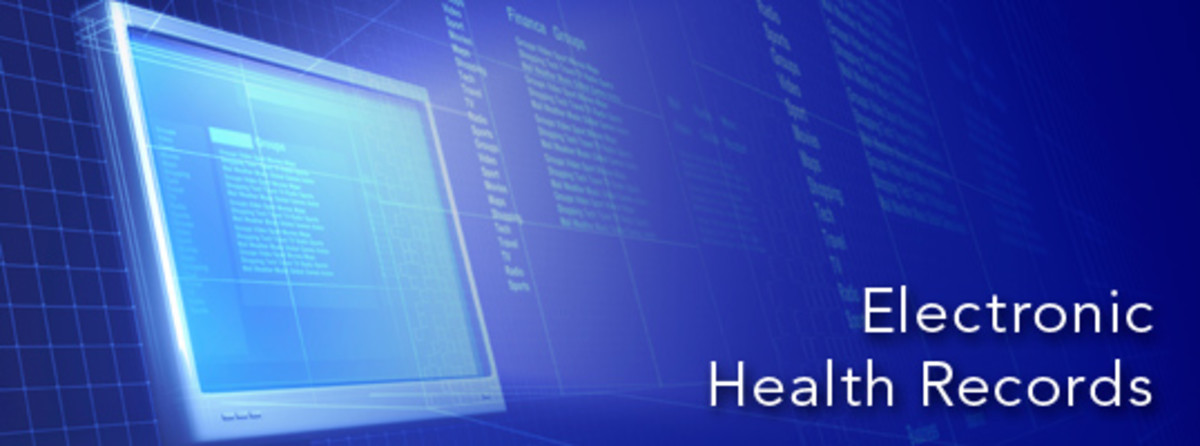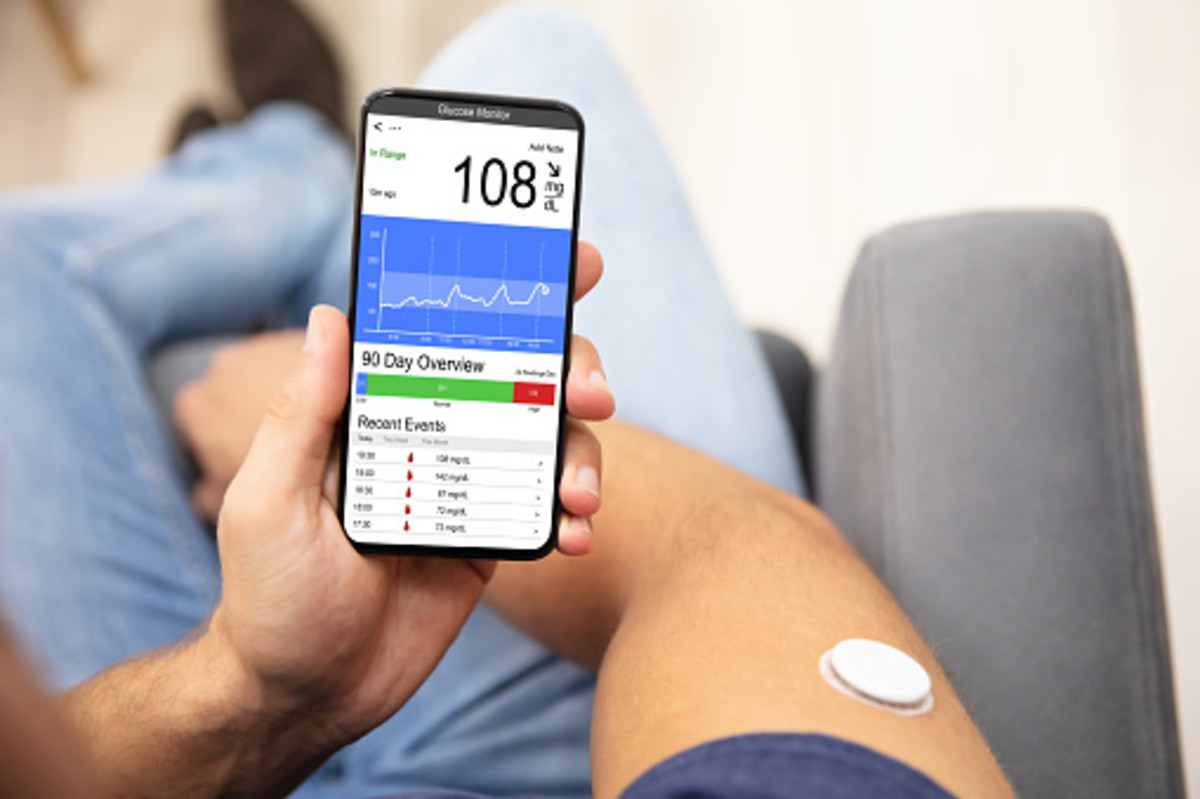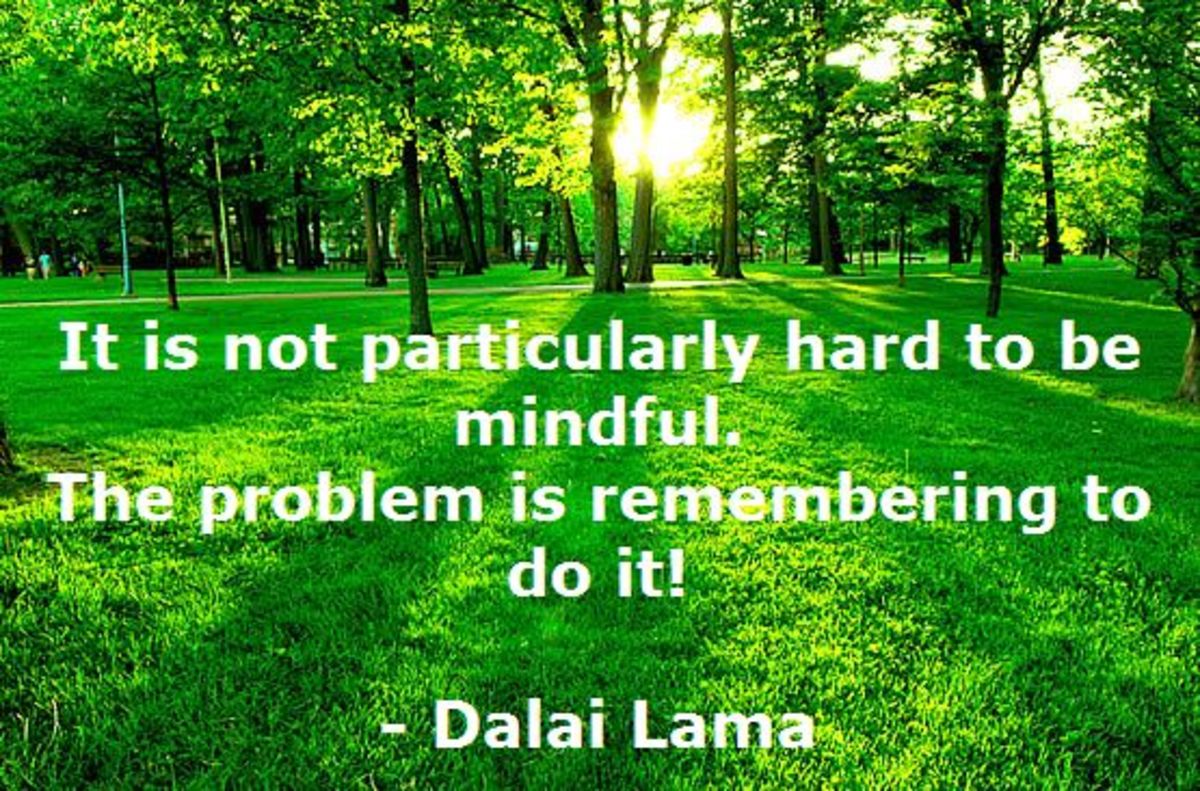Have Hipaa Laws Gone Too Far
Do Not Talk To Anyone About Another Patients Chart
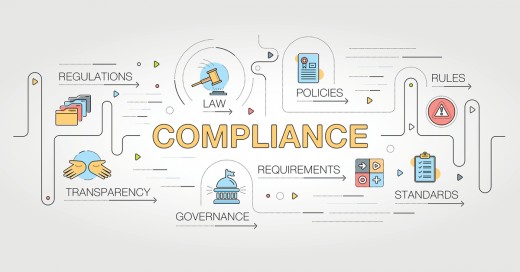
Pesonal Health Information
In 1996 HIPAA or the The Health Insurance Portability and Accountability Act was signed by congress to protect families from losing coverage in the event of employment loss. In 2003 an amendement was added that all information or PHI (Personal Health Information) maintain the privacy and security of individually identifiable health information as well as outlining numerous offenses relating to health care and sets civil and criminal penalties for violations.
During this time hospitals and doctors offices have developed a practice the makes it impossible for family members to check on their loved ones if a serious illness comes in to play.
I have worked in healthcare for 32 years and have watched countless times, children who have very sick parents, not be able to even call to get information on them because of these practices.
I for one was at the hands of HIPAA over the past week, when my mother had a heart attack and no one was at the hospital with her. Two of us live in Florida, one in Tennessee and the other two in New Jersey. When calling the hospital to get information of how my mother was, the nurse rudely (and I mean rudely) says "I can't give you any information". My mother being in a confused state at that time could not even tell them it was okay to discuss with me her condition. So what would have happened if she died? Who would be responsible for calling the family when she had no numbers on her because she had to get to the hospital immediately by ambulance in order to not die? I find that this law in times like this should be waived and children be given updated information about the parent.
Without any of us being their, she was sent to another hosptial that was 45 minutes away from anyone instead of giving us a choice of a closer hospital because no one was there to insist or no one was called.
I was not asking about her condition I was asking if she was okay at which time all the nurse had to say was "she is stable right now". She didn't have to be rude about it knowing that no one was there. She could have offered at least some peace of mind knowing that none of her children were there with her.
So when is this law considered going too far? In my opinion I think when people have family members that live out of the state they are in, as long as you can verify their date of birth or some other kind of identification proving that yes it is your parent or even your child if they are grown, then the information of their condition should be allowed to be given over the phone so that less stress and anxiety occur to the individuals on the receiving end.
Fortuantely the hospital she was moved to was not as rude, but what if she would have died? How could they even live with themselves that this womans own children called to find out if she was okay or not and not only would they give us no information, but they were rude about it also.
The hospital I work for gives the patients a pass code when they enter the emergency room so that family members can call and get updates on their loved ones. A hospital should not just be allowed to say I can't give you any information when you have a parent or child who could possibly pass away.
In an emergency situation such as this, my mother didn't have any information on her so I think that they would welcome at least knowing who she was by her own children calling.
This situation really made me uncomfortable and now it may take a million emails, but I will fight so that no other children would have to go through this annoying and unrealistic suffering again.
It could be you next time. Make sure that your parents or grown children tattoo your name on their chest and your phone number so that they will call you if the need arises.
I can understand not giving information to any old person but family members should not have this issue especially when their loved ones are really ill.
Be Very Very Quiet We Are Talking HIPPA
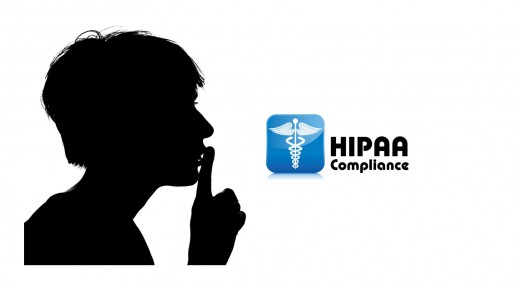
What You Can Do
If you have elderly parents or other relatives make them appoint you as their Power of Attorney or Healthcare Surrogate. Its a simple legal document that says "yes I have permission to know about my parent". Without these things, you will not be aloud to have anyone get your health information.
What if there is an emergency and your parent needs life saving surgery but they don't have permission from anyone to let them have it? Well I am sure the doctor would want to save a life but then what happens if something goes wrong and your family member ends up on life support? You won't have the say so to remove them from life support without a legal document.
It is better to get the legal papers in order then have a situation and not be of any help to those you love.
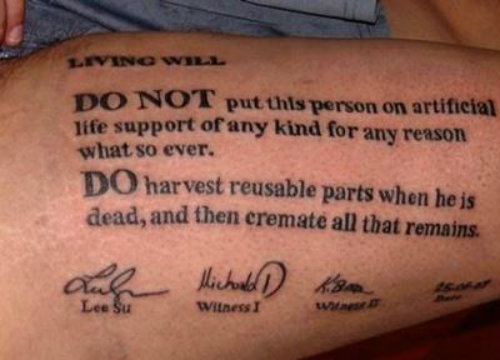
Healthcare Workers Breach Patients Confidential Information A Lot
No one has the right to talk about a patient in a public place especially healthcare workers. It seems patients are the topic of lunch time, break time and on social media.
Social media is used by 74% of Internet users and 80% of people using social media actually use it to research doctors, hospitals, and medical news and information. Social Media can be an extremely powerful tool for communicating general healthcare information to the public, creating professional connections, and sharing experiences. However, sharing too much information on social media platforms can have devastating effects on both healthcare organizations and employees if patient-specific information is shared. With over 800 million people on social networks and professional blogs, it is not surprising that HIPAA violations are on the rise and are raising major concerns among medical practices.
It doesn't matter where you are, you should never talk about a patient to anyone but those in his direct care on a need to know basis. If you do you are opening yourself up a big can of worms and it could come back to haunt you. Have you ever been called to a deposition about a patient? Well I have and they make your feel like a total failure at your job.

